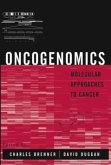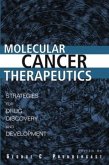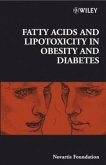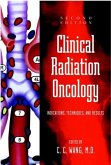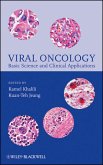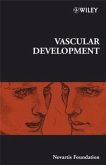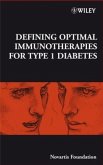This book brings together, into one authoritative reference source, the work of many of the major laboratories throughout the world involved in the study of cancer progression and the putative role of inflammation in facilitating the processes of tumor growth, angiogenesis and metastasis. It includes contributions from an international group of respected scientists and clinicians from diverse disciplines, to give a broad yet balanced view of the interplay between inflammatory processes and cancer progression.
Chronic inflammation predisposes to some forms of cancer and the host response to malignant disease shows several parallels with inflammation and wound healing. The cells involved in inflammation are detected in a range of common cancers, together with the inflammatory cytokines and members of the chemokine ligand/receptor systems.
Neutralization or deletion of the gene for some inflammatory cytokines confers resistance to tumour induction and experimental metastasis. Over-expression of such cytokines in tumour cells may enhance malignant potential. Certain chemokines are likely to subvert antitumour immunity by favouring development of ineffective Type 2 responses. Tumour cells may even utilize chemokine receptors in homing to lymph nodes and other organs. Thus, the cells, cytokines and chemokines found in tumours are more likely to contribute to tumour growth, progression and immunosuppression than they are to mount an effective host antitumour response.
This book draws together contributions from an international group of scientists and clinicians from diverse disciplines, ranging from epidemiology to immunology, cell biology, molecular oncology, molecular medicine and pharmacology to debate these and related issues. Topics covered include the epidemiological links between cancer and inflammation, the parallels between inflammation and cancer, the role of inflammation in cancer, inflammatory genes as risk factors for cancer initiation and progression, inflammation and cancer angiogenesis, and preventative and therapeutic strategies.
Related Novartis Foundation symposia:
252 Generation and Effector Functions of Regulatory Lymphocytes
Chair: Jean-François Bach
254 Immunoinformatics: Bioinformatic Strategies for Better Understanding of Immune Function
Chair: Hans-Georg Rammensee
Chronic inflammation predisposes to some forms of cancer and the host response to malignant disease shows several parallels with inflammation and wound healing. The cells involved in inflammation are detected in a range of common cancers, together with the inflammatory cytokines and members of the chemokine ligand/receptor systems.
Neutralization or deletion of the gene for some inflammatory cytokines confers resistance to tumour induction and experimental metastasis. Over-expression of such cytokines in tumour cells may enhance malignant potential. Certain chemokines are likely to subvert antitumour immunity by favouring development of ineffective Type 2 responses. Tumour cells may even utilize chemokine receptors in homing to lymph nodes and other organs. Thus, the cells, cytokines and chemokines found in tumours are more likely to contribute to tumour growth, progression and immunosuppression than they are to mount an effective host antitumour response.
This book draws together contributions from an international group of scientists and clinicians from diverse disciplines, ranging from epidemiology to immunology, cell biology, molecular oncology, molecular medicine and pharmacology to debate these and related issues. Topics covered include the epidemiological links between cancer and inflammation, the parallels between inflammation and cancer, the role of inflammation in cancer, inflammatory genes as risk factors for cancer initiation and progression, inflammation and cancer angiogenesis, and preventative and therapeutic strategies.
Related Novartis Foundation symposia:
252 Generation and Effector Functions of Regulatory Lymphocytes
Chair: Jean-François Bach
254 Immunoinformatics: Bioinformatic Strategies for Better Understanding of Immune Function
Chair: Hans-Georg Rammensee


